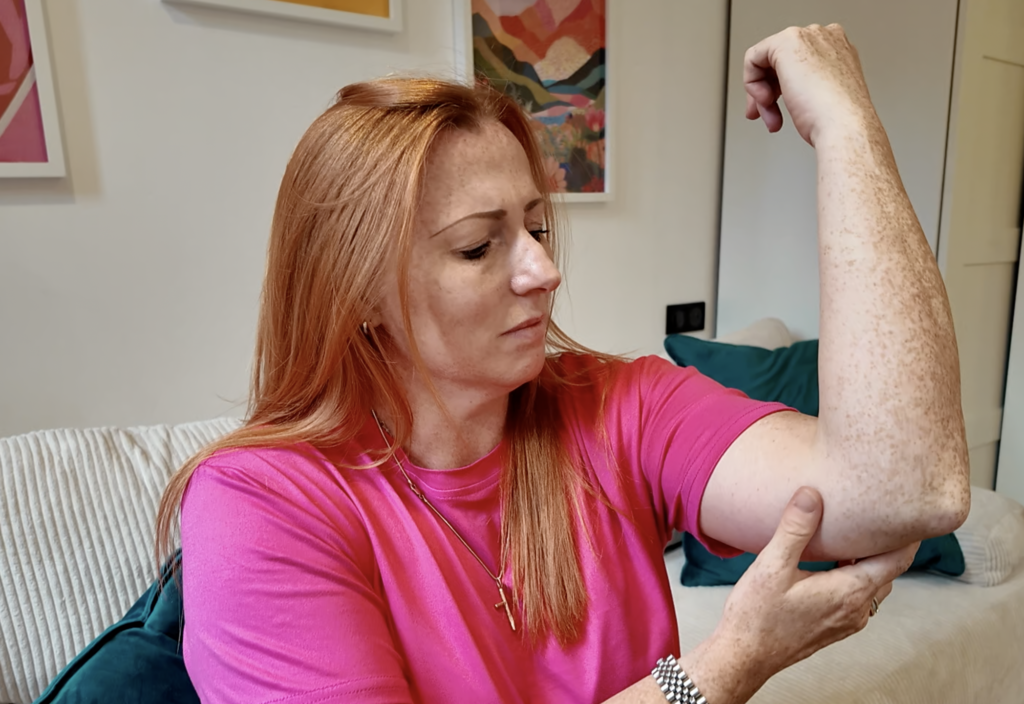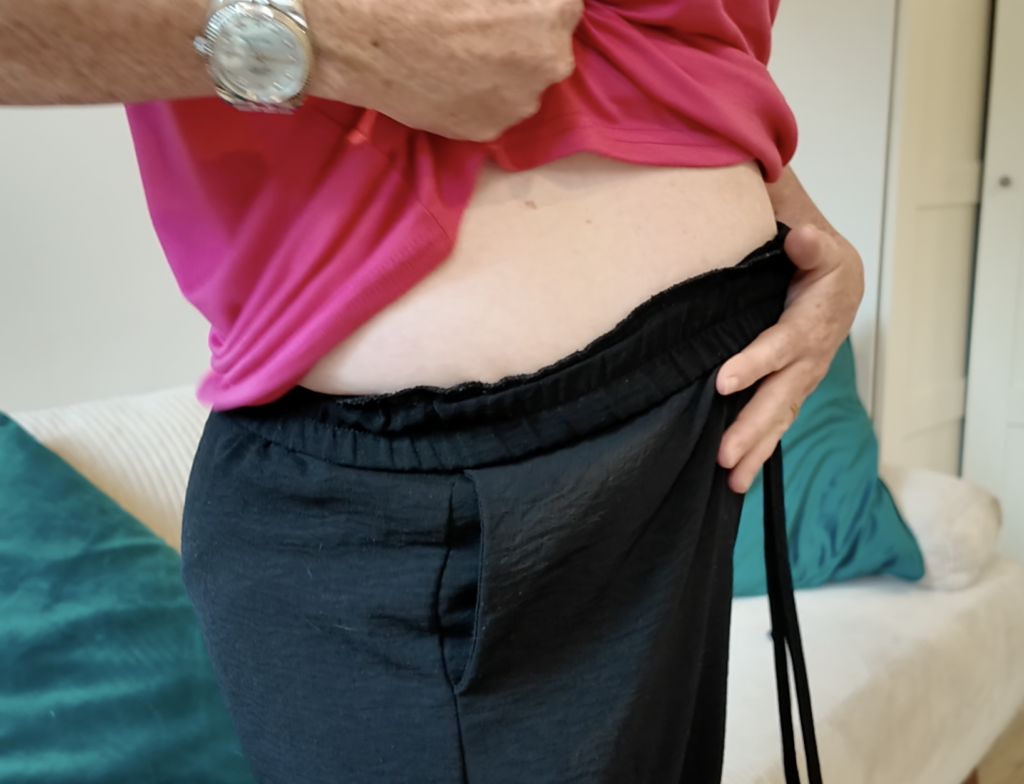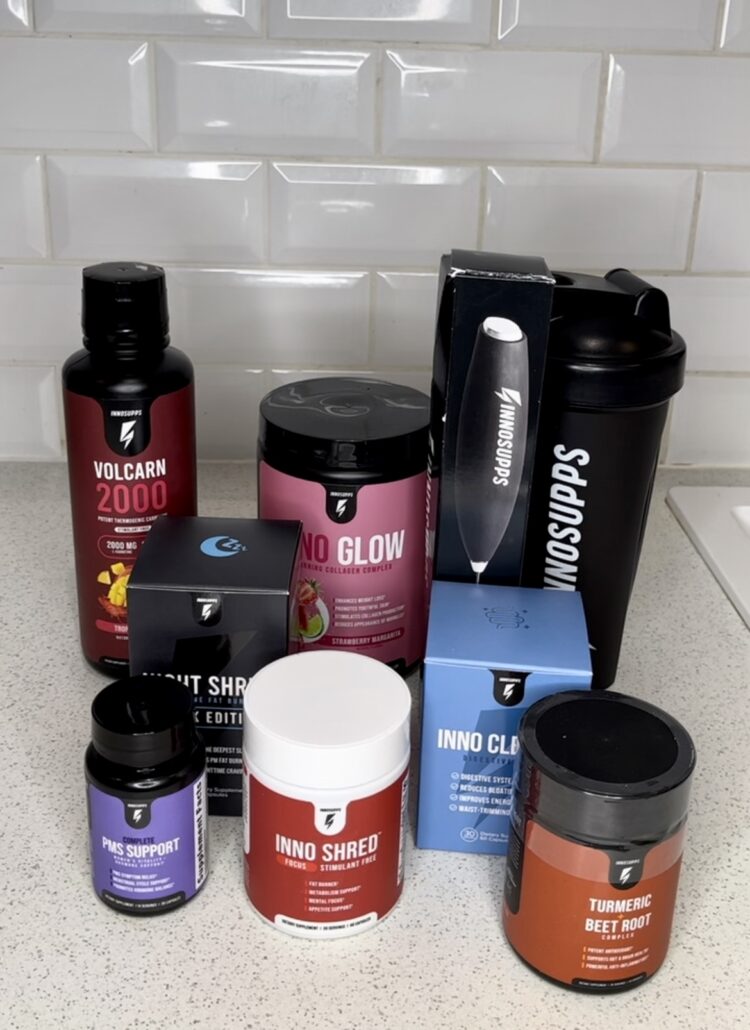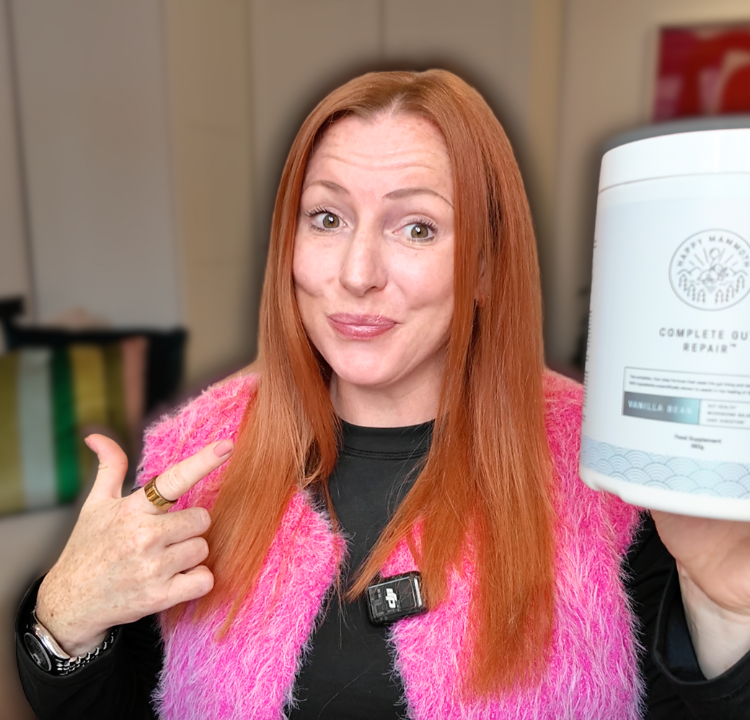So I’m back with part two of my Bioresonance food intolerance testing review. It’s now just over a month since I first tried the test, and today I want to share what happened when I actually followed through and cut out the foods that came up on my results and to see if food intolerance tests are accurate?
👉 If you haven’t read part one yet, you can find it here: Food Intolerance Testing Review – My Experience
In that first post, I explained how the test worked (it’s simply done with a strand of hair) and what my results showed. In this follow-up, I’ll be diving into whether taking those foods out of my diet actually made a difference — and ultimately, answering the question: are food intolerance tests accurate?
Why I Tried a Food Intolerance Test
At 42, navigating perimenopause with PCOS, I’ve been experiencing some pretty frustrating symptoms:
- Brain fog and tiredness
- Significant bloating, especially after certain meals, to the point I can look nine months pregnant
- Joint pain and inflammation, including golfer’s elbow and achy knees


I had a strong feeling there might be some food sensitivities contributing to all this, alongside hormonal changes. So when I got my list of “reactive” foods from the Bioresonance test, I decided to cut them out for a month to see if it helped.
What I Removed from My Diet
The list was long, but some key foods for me included:
- Egg whites
- Butter
- Chamomile tea (a nightly staple!)
- Beer (ouch — this one hurt, because I enjoy it, but I always bloat the next day)
- Fermented Foods like Kefir
- Broccoli
I didn’t cut out alcohol completely, but I switched to wine or spirits. The rest of the flagged foods were manageable swaps.
Did It Make a Difference?
Here’s the truth: after four weeks, I did feel slightly better — but I don’t think it was down to removing those foods.
✅ My energy levels felt improved, but I’d also started eating more mindfully and had introduced a new supplement at the same time.
✅ My workouts felt great, but again, I put that down to improving my nutrition overall.
❌ My bloating didn’t change at all. I was still severely bloated at certain points in my cycle and after certain meals.
❌ My joint pain and inflammation didn’t improve either.
The only change I can confidently link to the test was cutting out beer, which definitely helps me feel less puffy — but I already knew that from past experience and it’s not exactly rocket science to know that taking out any alcohol is probably going to help you feel better.
Are Food Intolerance Tests Accurate?
For me personally, the results didn’t line up with what I experienced in real life. That makes me question just how accurate food intolerance tests like Bioresonance really are.
And I’m not the only one. Most doctors and scientific research agree that these kinds of tests are not reliable diagnostic tools. The NHS, Allergy UK, and multiple systematic reviews have found that there’s little scientific evidence to support their accuracy.
That doesn’t mean they won’t ever help anyone. I have friends who’ve done similar tests and found real relief after cutting out certain foods like gluten. But for me, this method didn’t deliver.
What Works Better Than Testing
If you’re dealing with bloating, fatigue, or joint pain, my advice would be:
- Start with your doctor — get blood tests or professional guidance to rule out underlying conditions.
- Consider an Elimination Diet — this is still the gold standard for identifying food sensitivities. Yes, it’s hard work because it involves removing common trigger foods like gluten, dairy, alcohol, FODMAPs, or nightshades. But when done properly (ideally with support from a dietitian), it can be far more effective.
- Focus on reintroduction — the key isn’t just removing foods, but carefully bringing them back in one by one to see how your body responds.
When I’ve done elimination diets in the past, I’ve noticed much clearer improvements than I did with this test.
My Final Verdict
So, are food intolerance tests accurate? In my experience — not really.
After a month of following the recommendations from my Bioresonance test, I didn’t notice any significant changes in bloating or inflammation. The improvements I felt were more down to eating better in general.
If you’re curious and have the money to spend, by all means, give it a go. But if you’re serious about finding your trigger foods, I’d recommend working with a professional and following an elimination-style approach instead.
Save your money, start with the basics, and tune into your body — that’s where you’ll find the real answers.
Have you ever tried a food intolerance test? Did it work for you? Share your experience in the comments below — I’d love to hear how it compared!




Leave a Reply